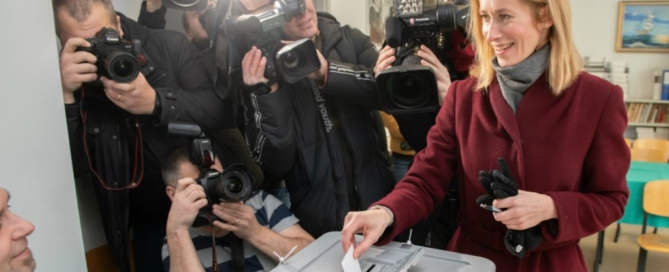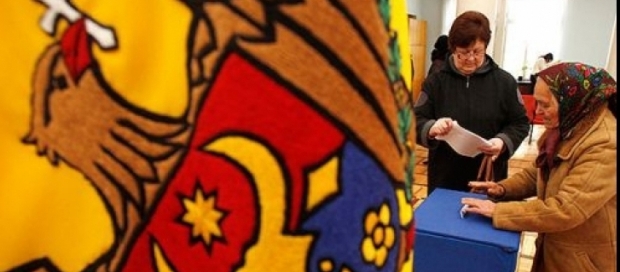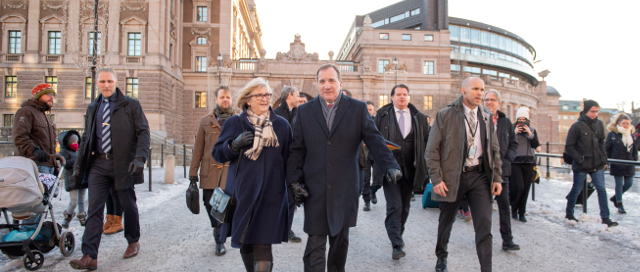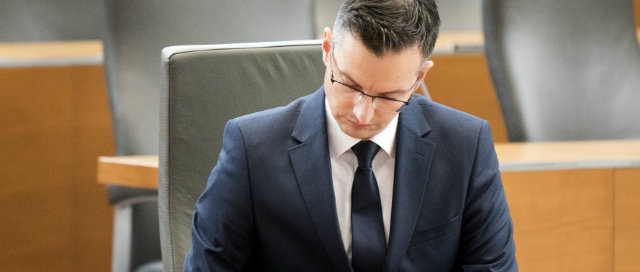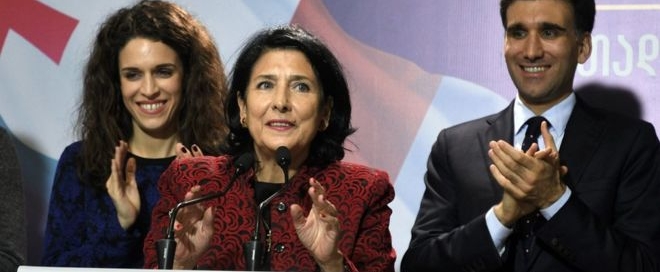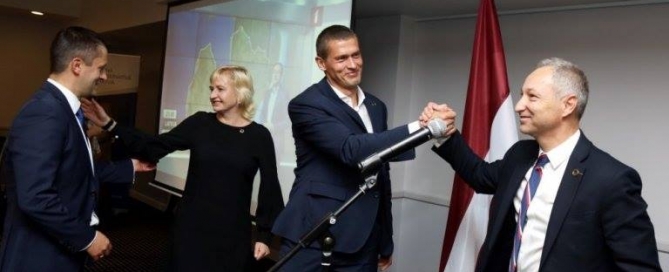Parliamentary elections in Finland – a shift to the left, but also to the right?
By Antti Kaihovaara (University of Helsinki) As the last votes were counted on Sunday evening, the progressive parties had most reasons to celebrate. After four years in opposition, the support for the Social Democrats, the Left Alliance and the Greens increased by over five percentage points in total. The Social Democrats came up top by [...]




